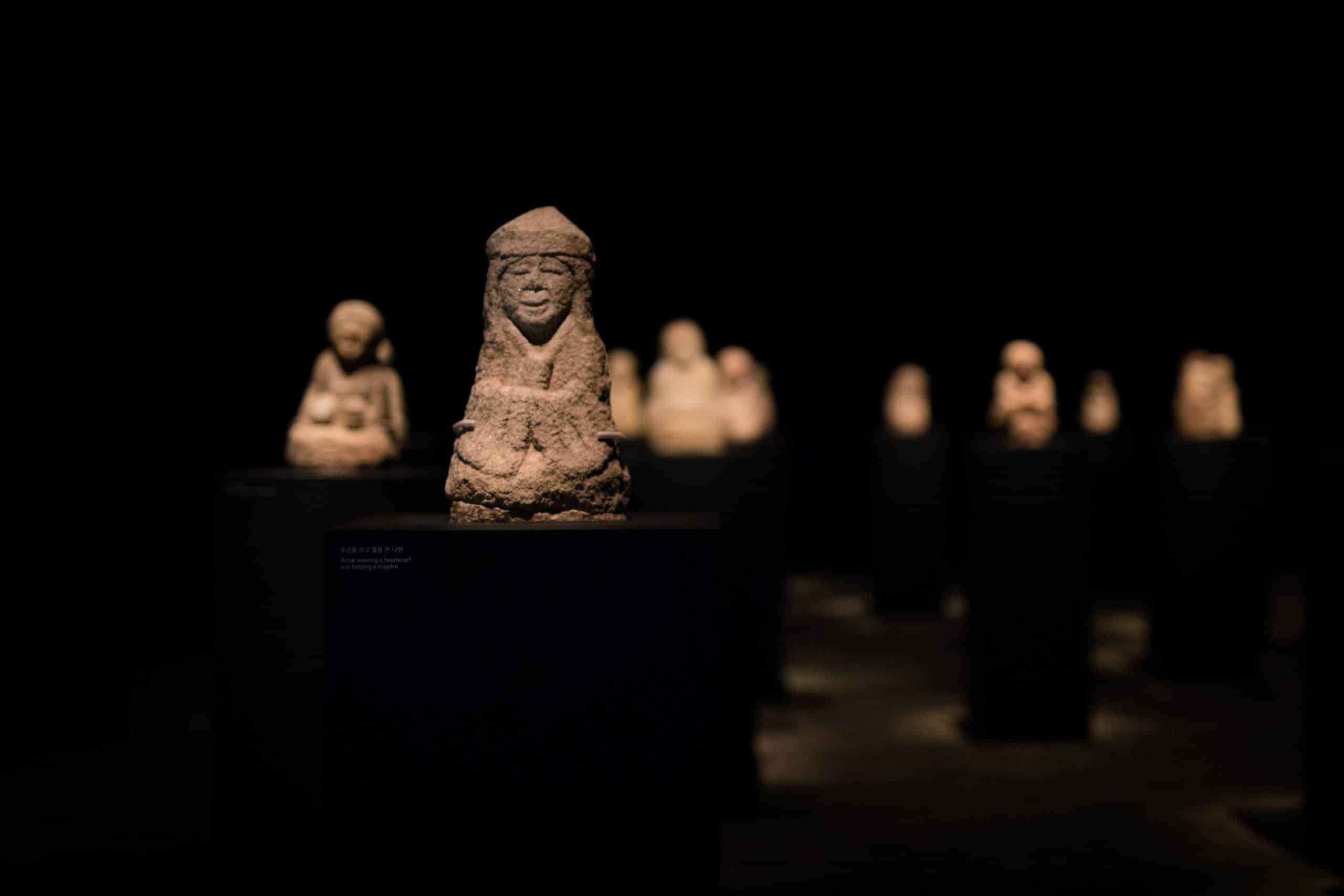Do you remember the times when the word "gluten" wasn’t a part of our daily vocabulary? When bread, pasta, and grains were simply viewed as staple food items rather than potential health threats? The rise of gluten sensitivity and gluten-free diets has cast modern wheat, the prime source of gluten, in a controversial light. Yet amidst the controversy, ancient grains like einkorn, spelt, and heritage varieties have emerged as a potential solution. These grains offer a rich flavor, a distinct culinary experience, and perhaps, a healthier alternative to modern wheat. The question now arises, could these ancient grain varieties revolutionize gluten-free baking? Let’s explore this intriguing possibility!
The Rise of Gluten-Free Diets
In the last decade, the demand for gluten-free products has skyrocketed. This surge is not just due to an increase in diagnosed celiac disease. Many individuals have adopted gluten-free diets due to non-celiac gluten sensitivity or for perceived health benefits.
Cela peut vous intéresser : What Techniques Elevate a Simple Chicken Dish with Underused Herbs and Spices?
Celiac disease, an autoimmune disorder triggered by gluten, affects approximately 1% of the population, according to PubMed. However, an estimated 10-30% of people now follow a gluten-free diet. This indicates a growing trend of people self-identifying as gluten-sensitive, even without a formal diagnosis.
Gluten, a protein found in wheat, barley, and rye, is responsible for the elastic texture in dough, a vital characteristic in baking. Yet, this protein is a double-edged sword. While it lends a unique texture, it also causes digestive discomfort and health issues in some individuals.
Lire également : What’s the Ultimate Guide to Artisanal Salt Use in Enhancing Dessert Flavors?
Modern Wheat vs. Ancient Grains
The wheat that we consume today has undergone significant genetic modifications over the centuries. Selective breeding and modern agricultural practices have made this grain relatively easy to grow on a large scale. However, these modifications may have contributed to the increased gluten content and potential allergenicity of modern wheat.
Contrastingly, ancient grains, including einkorn, spelt, and heritage wheat varieties, are essentially "original" grains. These are types of wheat that have remained largely unchanged over the last several thousand years.
Einkorn, the oldest known type of wheat, is believed to contain a simpler form of gluten that’s easier to digest. Spelt, another ancient grain, is rich in fiber, protein, and essential nutrients like magnesium and zinc. Heritage wheat varieties, grown before the advent of industrial farming, are often lauded for their flavor depth and nutritional punch.
Ancient Grains for Gluten-Free Baking
The increased prevalence of gluten sensitivity has left many of you longing for the days when you could enjoy a crusty loaf of bread or a flaky croissant without worry. Enter ancient grains. They could potentially offer a solution to this conundrum, making gluten-free baking more appealing, both in terms of taste and health benefits.
While ancient grains do contain gluten, the structure of gluten in these grains is different from that in modern wheat. For instance, einkorn wheat has been found to contain a form of gluten that is more digestible and less likely to cause adverse effects in people with gluten sensitivity.
These grains also lend a unique flavor to baked goods, a feature that is often missing in gluten-free products. The robust, nutty flavor of spelt or the rich, earthy taste of einkorn can transform the flavor profile of breads, pastries, and other baked goods.
The Role of Ancient Grains in Disease Prevention
Apart from their potential role in gluten-free baking, ancient grains could play a significant role in disease prevention as well. A study published in the PMC found that ancient grains are high in antioxidants and can help reduce the risk of diseases like heart disease, diabetes, and certain types of cancer.
While more research is needed to fully understand the health benefits of ancient grains, the existing evidence is promising. The high fiber content in these grains can promote digestive health, while the presence of essential nutrients can support overall wellbeing.
It’s important to note that individuals with diagnosed celiac disease should continue to avoid all sources of gluten. However, for those with non-celiac gluten sensitivity or those looking for healthier, more flavorful alternatives to modern wheat, ancient grains could indeed revolutionize their baking and their diet.
So, the next time you tap into your inner baker, why not explore the world of ancient grains? They might just add a delightful, nutritious twist to your baking adventures.
Nutritional Highlights of Ancient Grains
Ancient grains, including einkorn, spelt, and heritage wheat varieties, are not just a potential solution to gluten sensitivity. They also offer an impressive nutritional profile, making them a worthy addition to any diet.
Einkorn, for instance, is rich in protein and fiber. It contains higher levels of essential minerals like magnesium and zinc than most modern wheat varieties. Spelt, on the other hand, is packed with vitamins B and E, iron, and copper. These nutrients support various bodily functions, from energy production to immune health.
Heritage wheat varieties, derived from ancient wheat species, offer a different set of benefits. They are high in antioxidants, which can help protect your body against oxidative stress and inflammation. Antioxidants also play a role in disease prevention, including heart disease and certain types of cancer.
In addition, a study published in the PMC revealed that consuming ancient grains could help manage blood sugar levels. This could be beneficial for individuals with diabetes or those at risk for the disease.
With such a robust nutritional profile, ancient grains can be a potent ally in your journey towards optimal health.
Paving the way for a Gluten-Free Future
The potential of ancient grains in gluten-free baking and their role in disease prevention is compelling. While more research is required to fully harness their benefits, there is no denying the possibilities these ancient grains hold.
Replacing modern wheat with ancient grains in your baking could lead to a range of benefits – from improved digestive health to a reduced risk of chronic diseases. What’s more, these grains could revolutionize the taste of gluten-free products, offering a unique, rich flavor that is often missing in such goods.
Remember, any transition to a new diet or dietary regime, including one involving ancient grains, should be made in consultation with a healthcare provider. If you have been diagnosed with celiac disease, you should continue to avoid all sources of gluten.
However, for those grappling with non-celiac gluten sensitivity or those on the lookout for a healthier, tastier alternative to modern wheat, ancient grains could be the answer. These grains may not just revolutionize your baking, but could redefine your relationship with food altogether.
In conclusion, ancient grains are worth exploring. They offer an intriguing blend of taste, nutrition, and health benefits. As we continue to understand more about these grains, their role in a healthy, balanced diet will undoubtedly become more pronounced. And who knows, they may indeed revolutionize gluten-free baking – making it tastier, healthier, and more enjoyable than ever before.
So, the next time you reach for your purpose flour, consider giving ancient grains a try. They might just transform your baking adventures and pave the way for a gluten-free future.











